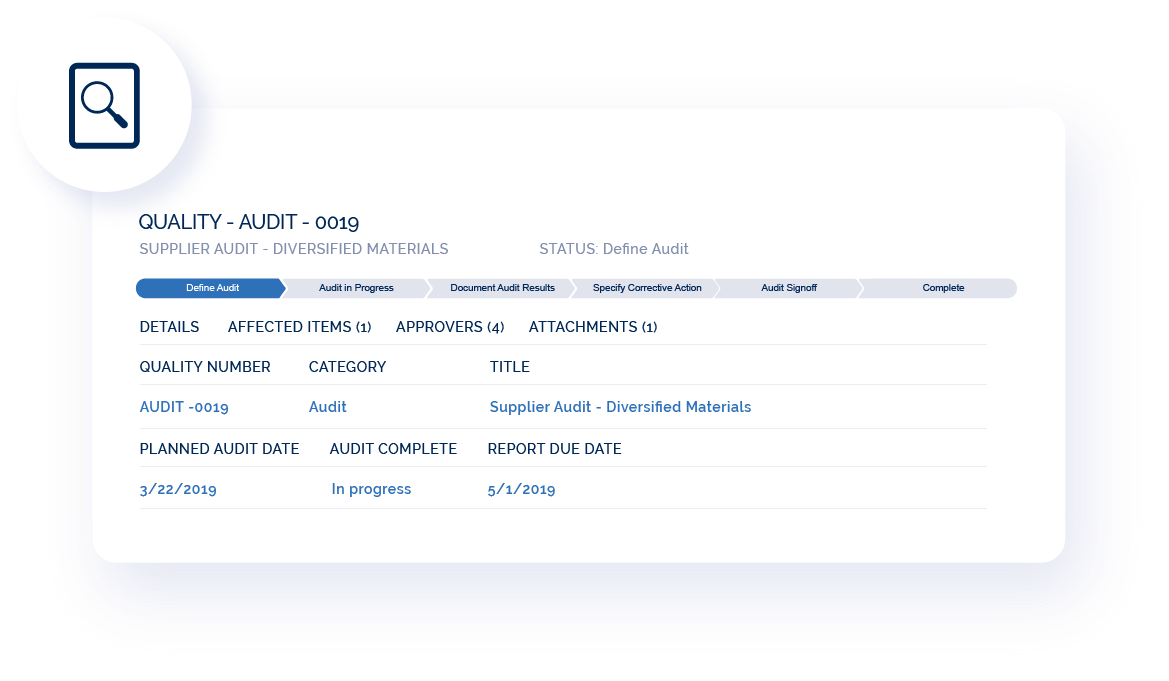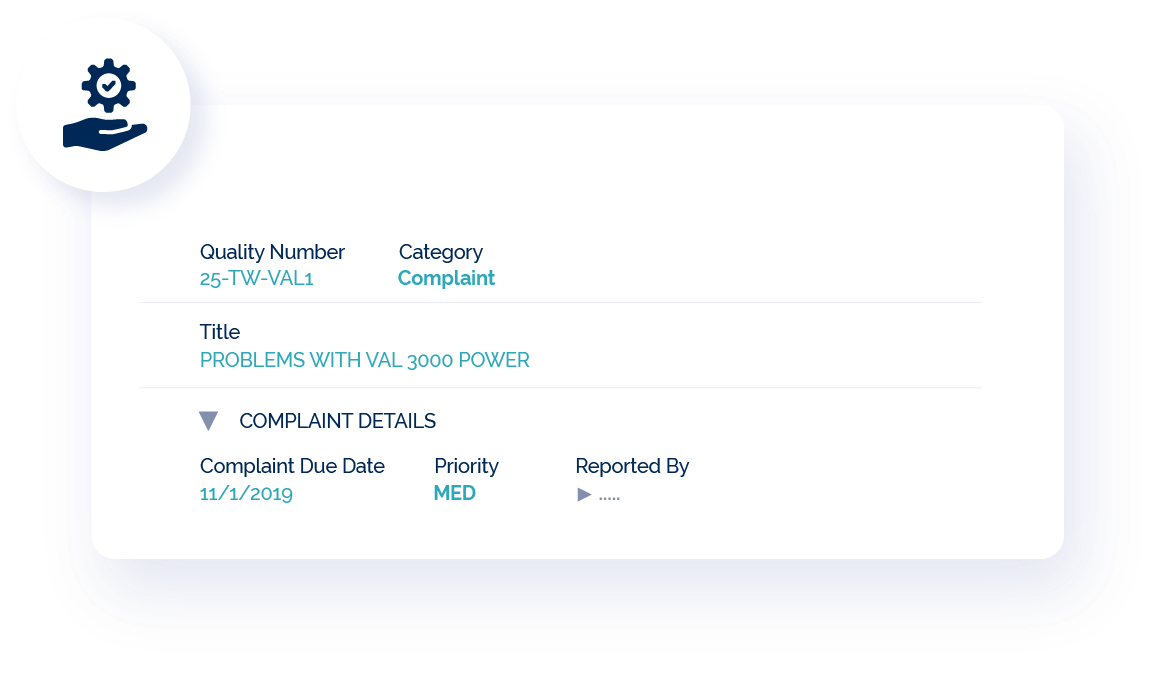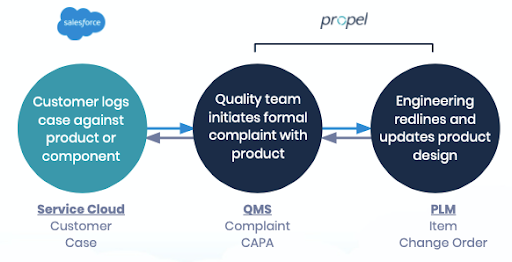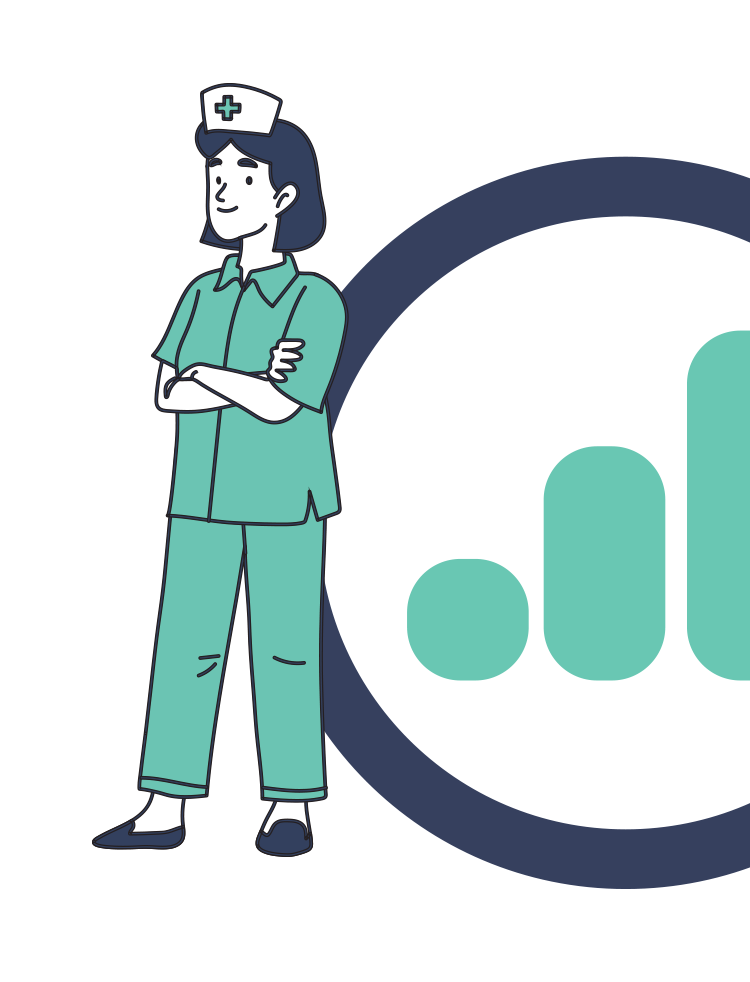With market agility and speed of innovation causing tremendous disruption to the existing business models, both emerging businesses and market leaders need to digitally transform while delivering successful experiences to all internal and external stakeholders such as employees, partners, suppliers, contract manufacturers, and customers.
Increased patient outcomes, lower operational costs, improved product and service quality, reduced time to market, and efficient collaboration with partners are the top identified objectives for digital transformation in traditional industries such as Healthcare and Life Sciences1
While transforming your business digitally sounds like an exciting journey to embark on, it’s easier said than achieved. In the highly regulated and compliant world of healthcare, life sciences, and pharmaceuticals, blazing a new trail is extremely difficult.
Transformations are hard, and digital ones are harder. Even digitally savvy industries, such as high tech, media, and telecom, are struggling. Among these industries, the success rate does not exceed 26 percent. But in more traditional industries, such as oil and gas, automotive, infrastructure, and pharmaceuticals, digital transformations are even more challenging: success rates fall between 4 and 11 percent.2
Companies are experiencing enormous pressure to find innovative ways of dealing with complex products, heightened customer expectations, continually evolving regulatory landscape, and newer changes such as the Internet of Things (IoT), Software as a Medical Device (SaMD), as well as outcome-based healthcare.
HLS companies need to confront these challenges head-on by successfully managing product, customer, and quality data all in one place. The result? Great benefits — lower risk, fewer errors, higher product quality, and happier customers.
A complete view of your customers empowers your team to manage product realization, quality processes, and complaints. Bringing the product and customer record together in one system helps you connect the customer feedback and product insights to deliver improved, market-leading, and quality products from concept to customer.

But how can companies overcome the above-mentioned challenges and derive immense value from their investments? A flexible, trusted, safe, and scalable platform that can cater to all data requirements is the answer.
Using multiple and siloed systems and processes to capture customer feedback and complaints gets messier over time. Also, different people copying data from one place to another can lead to significant errors, compliance breaches, and catastrophic delays in launching a life-saving device. Using an integrated and reliable platform, such as Salesforce can help companies quickly eliminate these concerns.
Salesforce-oriented organizations can obtain compliance in very approachable ways. Salesforce has been trusted by regulated industries (fintech, government, and healthcare) for almost 20 years, provides app and infrastructure security at every level, and provides tools that we at Penrod utilize on every project that requires Salesforce HIPAA compliance.3
Related: Penrod Blog I Four Salesforce HIPAA controls to help you gain compliance and trust

A unified, configurable, and collaborative platform can easily allow HLS companies to manage all their customer feedback, quality processes, and product designs. So no more swivel chair calisthenics! Instead, you get a streamlined way to:
- Capture customer issues and feedback from a website, email or customer service representative
- Consolidate customer complaints and perform root cause analysis
- Initiate design updates or make component changes to improve products that have rolled out to the field
- Relay the collected feedback from engineering to quality and finally to the customer, so you can quickly and intelligently resolve any issue

It does not matter whether a company has just 10 or 10,000 employees. A cloud-based scalable platform can handle your customers’ most straightforward — or most stringent — requirements. A future-proof, multi-tenant cloud infrastructure promises to stage your company for success at all times.
Related: Propel Blog I What’s It Take to be a Quality Trailblazer in Life Sciences?
Propel, built entirely on Salesforce’s top-rated cloud platform, combined with the consulting experience of Penrod, provides the ideal solution which makes sure that your company gets off to a smooth healthcare digital transformation journey.
Author Bio
Chuck Serrin is the VP of MedTech and Life Sciences Industry Marketing at Propel. Formerly, as the Solution Architect and Program Manager at Stryker Corporation, he implemented and supported global PLM, QMS, and digital projects. Serrin has deep domain expertise on the development, compliance, and commercialization of medical device products, along with providing high-quality support in launching new products. His previous experience includes senior positions in enterprise software solutions with companies such as Agile Software, Oracle, and PTC. Learn more about Propel at www.propelplm.com.


